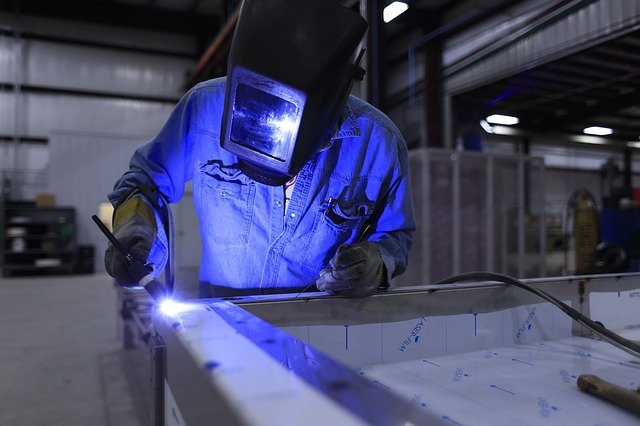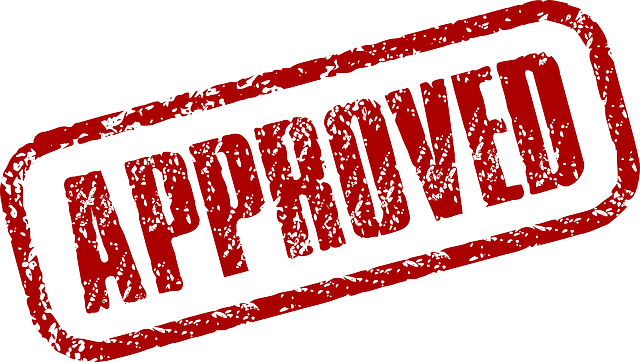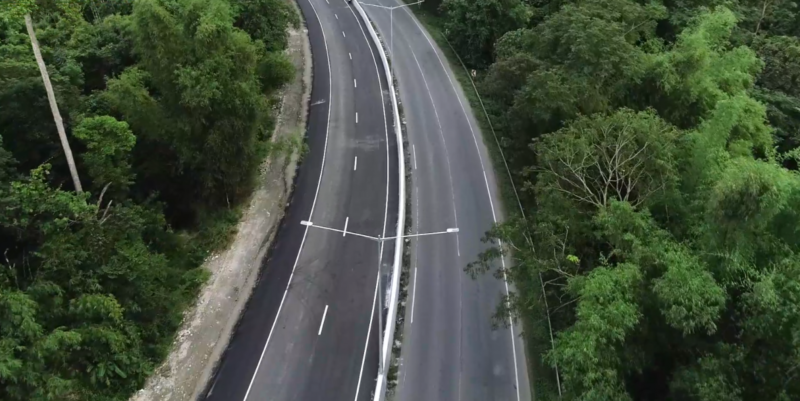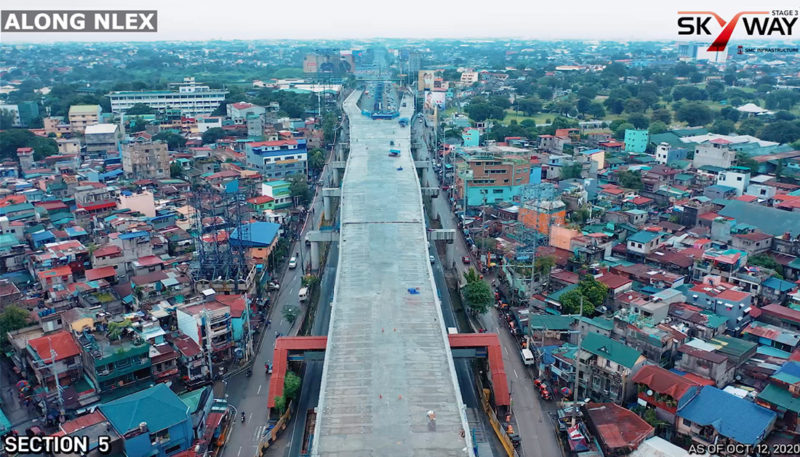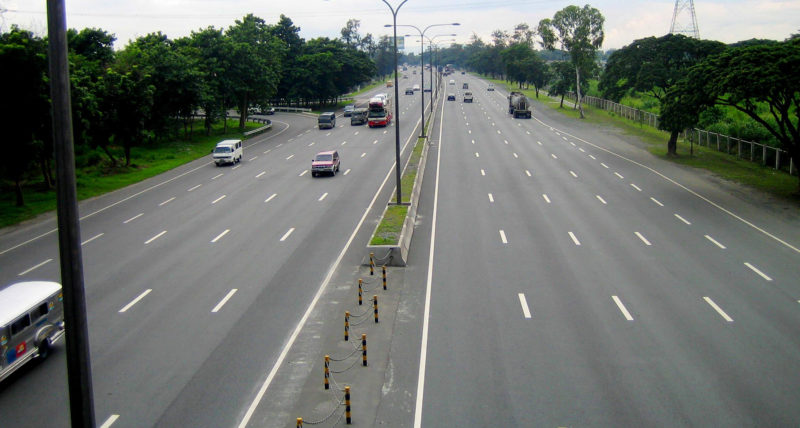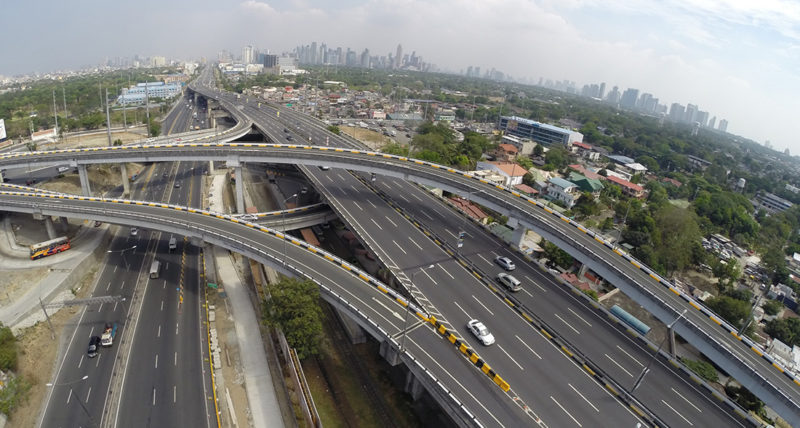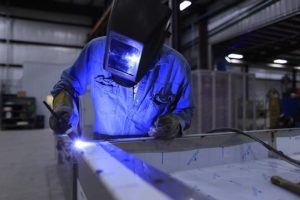
The Department of Trade and Industry has laid down plans to revitalize manufacturing sector.
At the recently held Manufacturing Summit 2019, Trade Secretary Ramon M. Lopez said the plans include human resources development to upskill workers and increase productivity; small value chain interventions to address raw materials shortage; incentivizing energy technologies to help bring down power cost; logistics interventions to cut down red tape and standardize shipping cost; and countering unfair trade practices including smuggling and substandard and counterfeit goods through mandatory product certification.
Lopez also gave the audience a peek at DTI’s industry 4.0-readiness initiatives to prepare firms, industries, and workers for the future. These include the SME academy as training facility for 4IR technologies to upskill and reskill our workforce to be 4IR-ready; positioning the Philippines as an AI Center of Excellence; Industry 4.0 roadmaps for specific sectors, and an Industry 4.0 pilot factory to serve as a demonstration facility.
“We have to increase domestic capacity to support the growing demand of our economy. We should be prepared,” Lopez reiterated. “There is a need to revitalize the manufacturing sector. This is the sector that can create more jobs, better income for our Filipinos.”
While the country’s manufacturing sector exhibited a slowdown in growth in the recent quarters of this year due mostly to the US-China trade war overall global slowdown in growth, and rising global protectionism, Lopez pointed out that looking at the bigger picture, Philippine manufacturing has been growing at a respectable rate, with manufacturing share-to-GDP remaining almost unchanged for the past few years.
“Despite (the slowdown), we are enjoying fast growth due to domestic demand,” he said.
“The bright spot is, our investments continue to grow,” Lopez added, noting that significant increases in approved manufacturing investments were expected to expand production capacities, address supply chains gaps, and improve global value chain participation. Data shows that IPA (investment promotion agencies)-approved investments in 2016-2018 were at P730B, 57.3% higher than during the period 2013-2015. Moreover, growth in Board of Investments – approved manufacturing investments increased 8-fold: from 82% in 2016, it grew to 95% in 2017 then zoomed to 327% in 2018.
